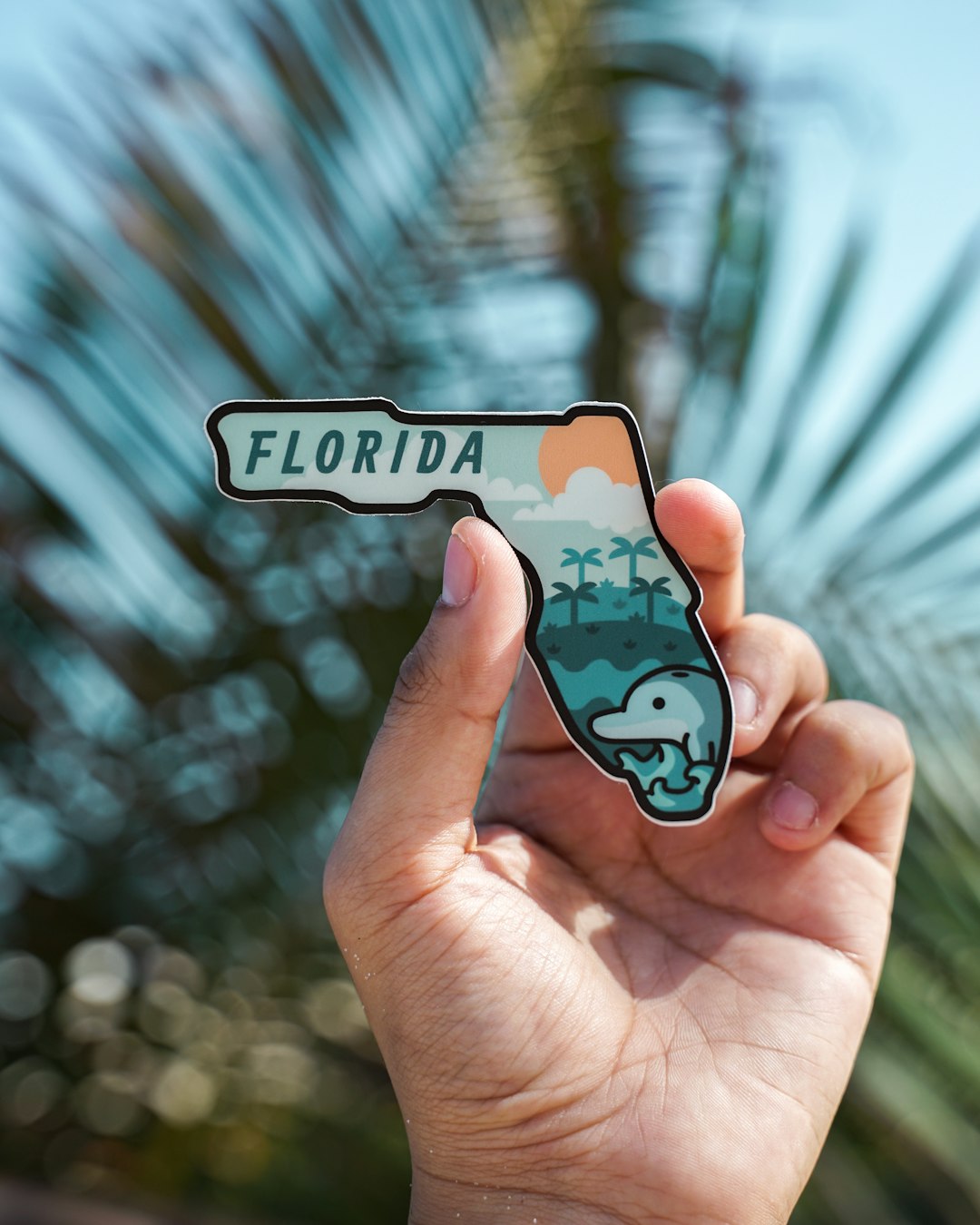In Florida, stringent child abuse laws aim to protect minors through strict definitions of harmful acts or omissions. Key aspects include mandatory reporting by healthcare professionals and others suspecting abuse, with local law enforcement conducting investigations. Penalties can be severe, and victims or families may pursue civil lawsuits. A child abuse lawyer Florida is essential for navigating complexities and advocating for all involved, ensuring adherence to both state laws and federal standards like CAPTA. These attorneys help protect children in abusive situations, guide families through legal systems, and educate communities on recognizing and reporting child abuse.
In Florida, understanding child abuse laws is paramount for both parents and legal professionals. This comprehensive guide explores Florida’s child abuse legislation, its key provisions, and penalties, setting the stage for a critical comparison with federal standards. We delve into the federal framework of child protection, highlighting its reach and impact. By examining these legal frameworks side by side, we reveal gaps and alignments, emphasizing the vital role a child abuse lawyer in Florida plays in advocating for vulnerable children and providing legal recourse.
Understanding Florida's Child Abuse Laws: Key Provisions and Penalties

In Florida, child abuse laws are designed to protect minors from any form of harm or neglect. The state’s statutes define child abuse as any act or omission that causes significant harm, endangers the health or welfare, or impairs the moral or physical well-being of a child. Key provisions include mandatory reporting requirements for healthcare professionals and other specified individuals who suspect child abuse or neglect. These reports are investigated by local law enforcement agencies.
Penalties for violating Florida’s child abuse laws can be severe. Convictions can result in fines, imprisonment, or both. For instance, a first-degree felony conviction for aggravated child abuse can lead to sentences of up to life in prison and substantial fines. Additionally, individuals found guilty may face civil lawsuits filed by the victims or their families, seeking compensation for damages related to the abuse. A child abuse lawyer Florida can provide guidance on navigating these legal complexities and advocating for the rights of both the victim and the accused.
Federal Standards for Child Protection: A Comprehensive Overview

In the United States, federal standards for child protection are set by various laws and regulations designed to ensure the safety and well-being of children across all states. These standards encompass a broad range of issues, including reporting requirements, investigation procedures, and intervention strategies for suspected cases of child abuse and neglect. The Child Abuse Prevention and Treatment Act (CAPTA), for instance, mandates that all states have laws requiring professionals in various sectors—such as healthcare, education, and social services—to report suspected instances of child maltreatment to the appropriate authorities.
Additionally, federal regulations like those established by the Administration for Children and Families (ACF) provide guidelines for state agencies responsible for child protective services. These guidelines ensure consistency in approaches to case management, permanency planning, and support services for affected children and families. For Florida residents seeking legal guidance on child abuse matters, consulting with a qualified child abuse lawyer is essential to understand both the federal standards applicable to their state and the specific laws governing child protection in Florida.
Comparing Legal Frameworks: Gaps and Alignment Between State and Federal Law

When comparing Florida’s child abuse laws to federal standards, it’s crucial to analyze both the state’s legal frameworks and their alignment (or gaps) with national regulations. A child abuse lawyer in Florida would point out that while the state has established comprehensive laws aimed at protecting children, there are still areas where federal guidelines surpass or supplement state legislation. For instance, federal law often sets broader definitions of child abuse and neglect, encompassing a wider range of harmful acts than what’s explicitly outlined in Florida state code.
Moreover, federal standards frequently mandate stricter reporting requirements for professionals who come into contact with children, such as teachers and healthcare providers, whereas Florida laws may have looser interpretations. These discrepancies can create challenges for child abuse lawyers in navigating cases across jurisdictions. Understanding these gaps is essential for advocates and legal professionals to ensure that victims receive the utmost protection and support under both state and federal laws.
The Role of a Child Abuse Lawyer in Florida: Advocacy and Legal Recourse

In Florida, a child abuse lawyer plays a pivotal role in advocating for the rights and safety of children who have been victims or witnesses to abusive situations. These legal professionals are equipped with extensive knowledge of state laws pertaining to child protection, ensuring that every case is handled with expertise and sensitivity. They guide families through the complex legal system, offering much-needed support during challenging times.
When a child abuse lawyer in Florida takes on a case, their primary objective is to secure justice and ensure the well-being of the child. This may involve representing victims in civil lawsuits against perpetrators or institutions responsible for the abuse. Moreover, they provide legal recourse by assisting in investigations, gathering evidence, and advocating for stringent enforcement of federal standards set by laws like the Child Abuse Prevention and Treatment Act (CAPTA). These lawyers also educate communities about recognizing signs of child abuse and the importance of reporting such incidents promptly.






